The Definitive Guide to Data-Driven Marketing
Wondering what data-driven marketing is and how to reap its benefits for your business? We’ve got you covered with this in-depth guide. In an interview for MarTech Today , Julia Stead, VP of marketing at voice marketing cloud Invoca, said that “[data-driven marketing] began in the 1980s with direct marketers wanting to take their businesses to the next level with data-based personalization.” Keep reading to learn more about why that personalization matters, how it can benefit your brand, and how you can put together your own data-driven marketing strategy .
What is data-driven marketing?
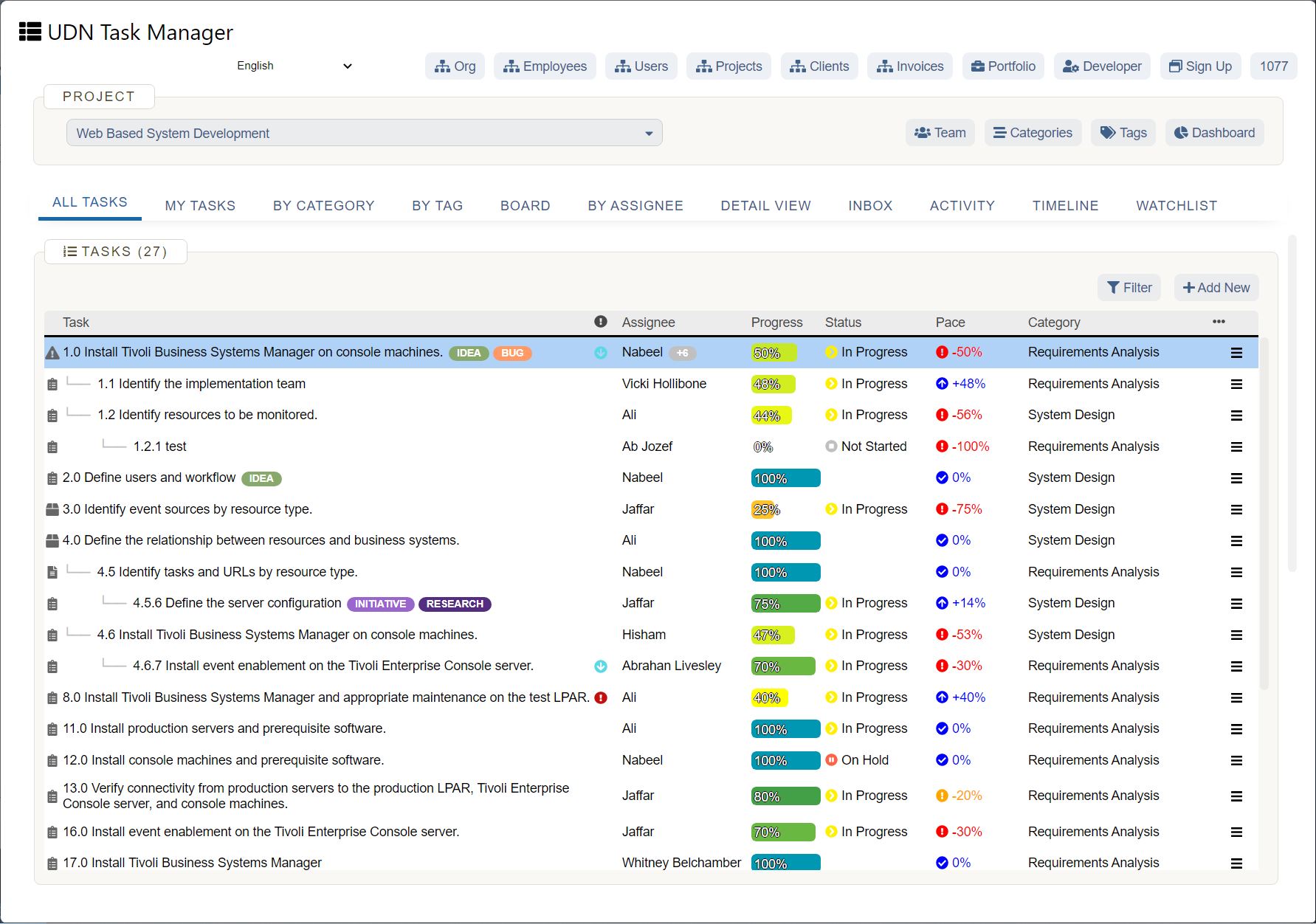
Data-driven marketing is a strategy that relies on information management to make decisions. This recorded information comes from marketing tools such as project management platforms and social media analytics. Anything that can track, measure, and analyze past marketing data can be used to create an effective strategy for future campaign management .
The goal of data-driven marketing is to make each piece of content more personalized. In this instance, personalization means appealing to the needs and interests of targeted groups you’re trying to reach. While you can and should include market research as part of your marketing preparation, personalization gives you the exact facts and numbers that show what works for each audience. This eliminates guesswork, saves time on research, and fills crucial knowledge gaps so your team can increase the effectiveness of all your marketing at once.
How is this different from non-data-driven marketing? Instead of sending out one type of messaging to the whole audience, marketers can identify what groups should get which messages, offers, and upsells. Although blanket offers might have worked in the past, creating a hyper-focused approach leads to better conversion rates, smarter marketing spend, and more authentic long-term relationships.
What are the benefits of data-driven marketing?
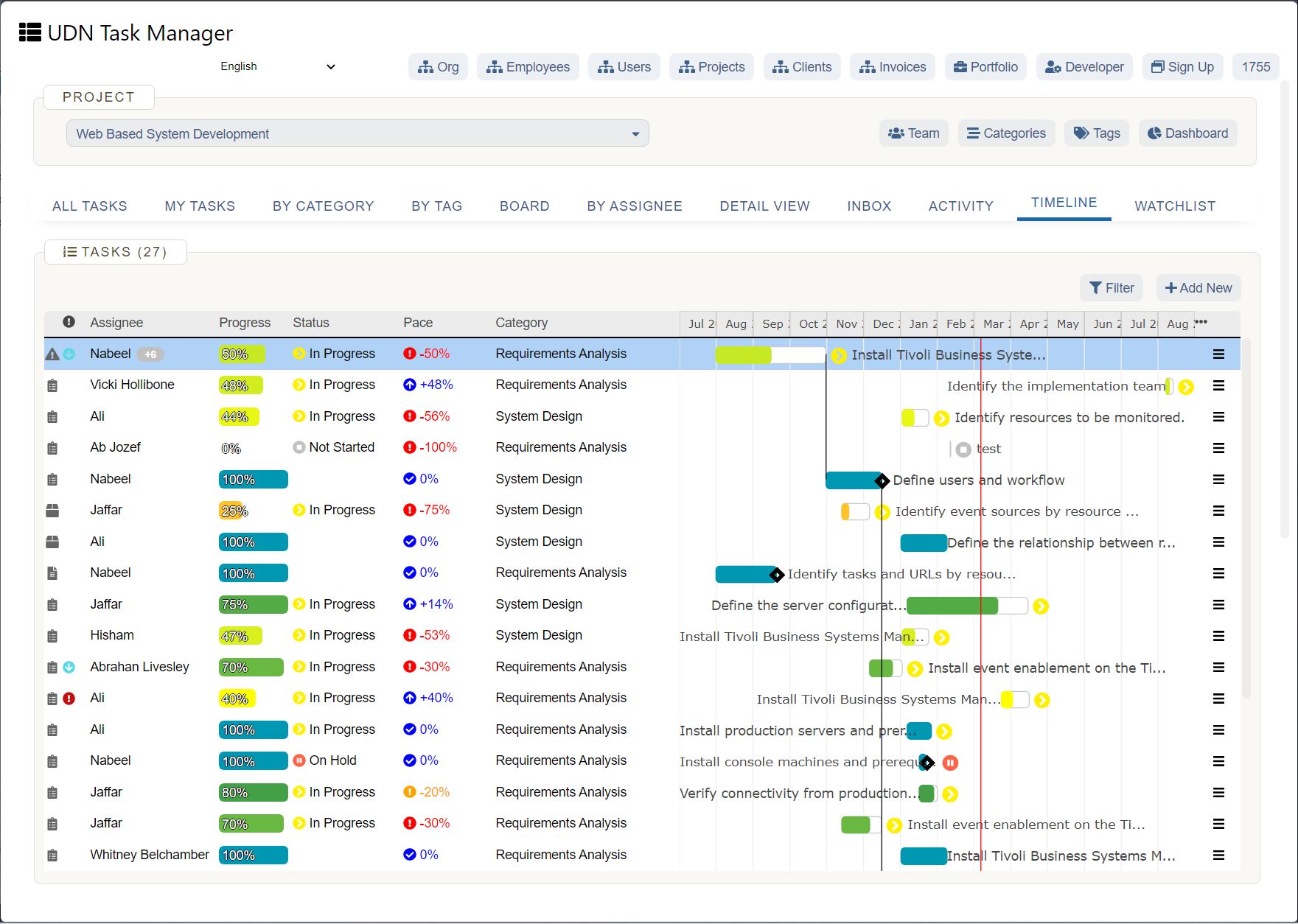
Data-driven marketing has many benefits. It’s easier to work with, more effective, and has proven results. And the best part is, it’s tailored to your unique business, giving you insights you couldn’t find anywhere else. When used correctly, data-driven marketing can be leveraged to improve overall performance . Instead of guessing what your audience wants, your team can look to real-world data and see what they’re really looking for.
But don’t just take our word for it. Since we are discussing data, it’s only fair that we highlight some of the key findings from research and case studies on the real-world benefits of data-driven marketing:
In other words, marketers who rely on data-driven marketing have an easier time creating and getting approval on campaigns that ultimately increase ROI and profits, not to mention outshining the competition at crucial moments of the sales cycle.
What kind of data is used for data-driven marketing campaigns?
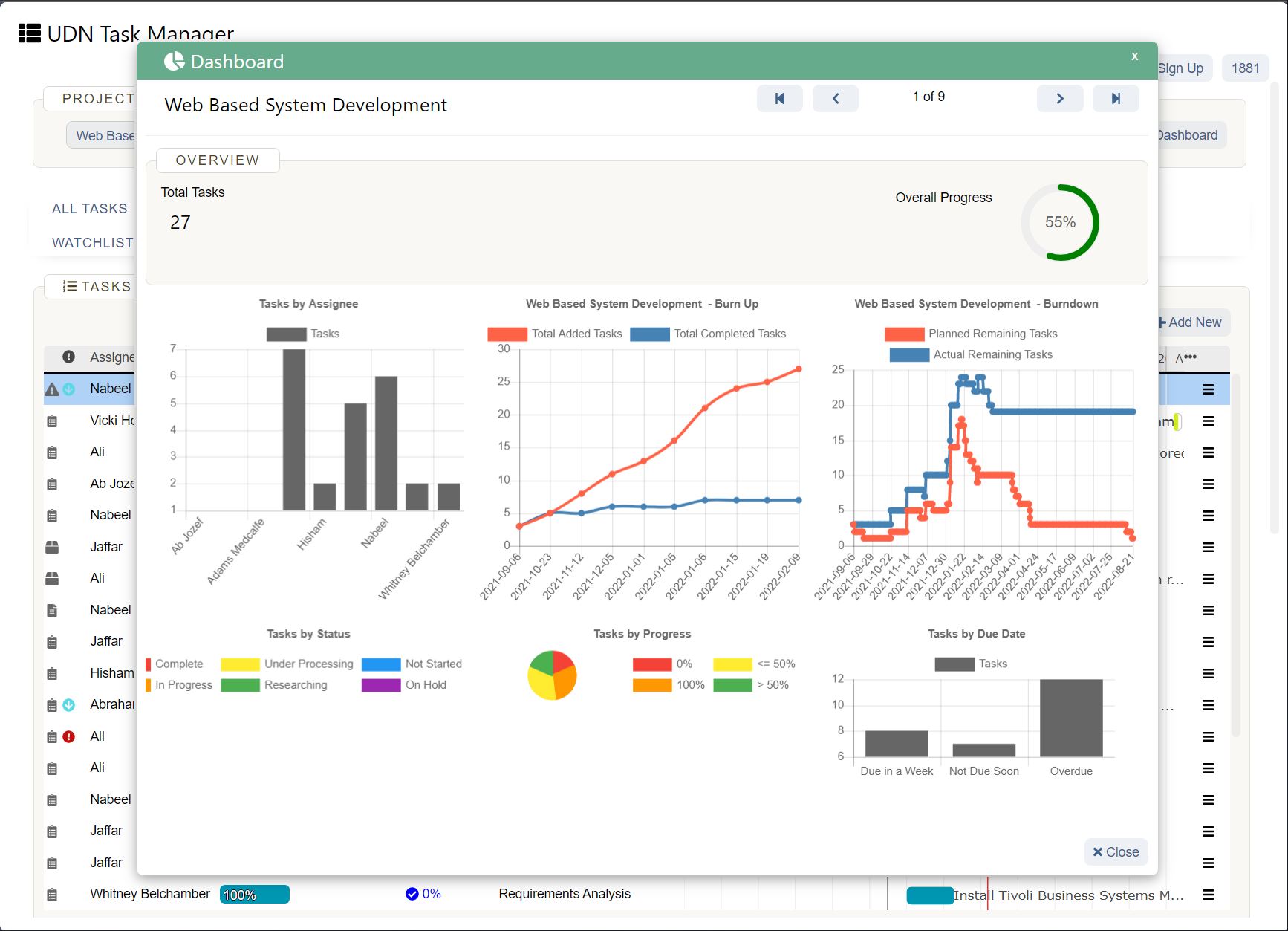
There are four major categories of customer data: personal, engagement, behavioral, and attitudinal. Each of these represents a different aspect of your audience and what they respond to.
The marketing metrics you’ll need to use for your data-driven marketing campaigns vary depending on who you ask. According to author Mark Jeffrey, there are 15 every marketer should know. Meanwhile, John Davis argues that there are 110 key marketing metrics you’ll need to succeed. But like everything else in marketing, the real answer relies on answering one question: what are your goals?
Your marketing goals will determine what kind of data you’ll need for any given data-driven marketing campaign. In very general terms, marketers should gather information on customer behavior, sales, and the effectiveness of individual channels. When assessing your individual goals, you’ll likely find overlap between the KPIs you’ve chosen for them and the data you’ll need to collect to make better decisions.
In general, Altitude Branding says that most marketers start with the following data:
This information should give you a solid understanding of where your marketing efforts are right now and where they could realistically be in the future.
How do marketing agencies acquire data for marketing?
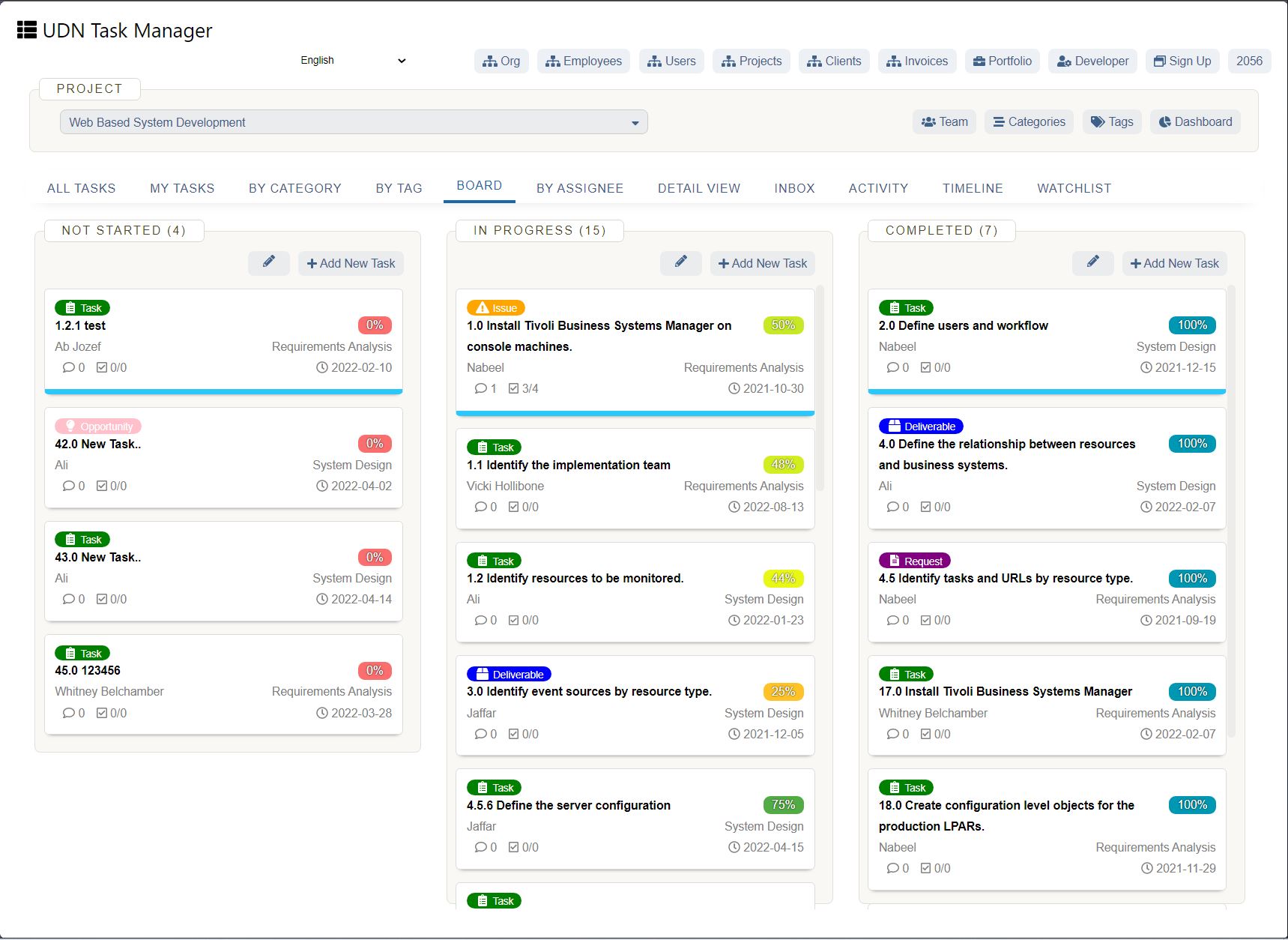
Marketing agencies acquire data for marketing in a few different ways. In an interview for Business News Daily, Liam Hanham, a data science manager at Workday, had this to say: "Customer data can be collected in three ways: by directly asking customers, by indirectly tracking customers, and by appending other sources of customer data to your own. A robust business strategy needs all three."
Here are some examples of each:
How do marketing agencies acquire data for marketing?
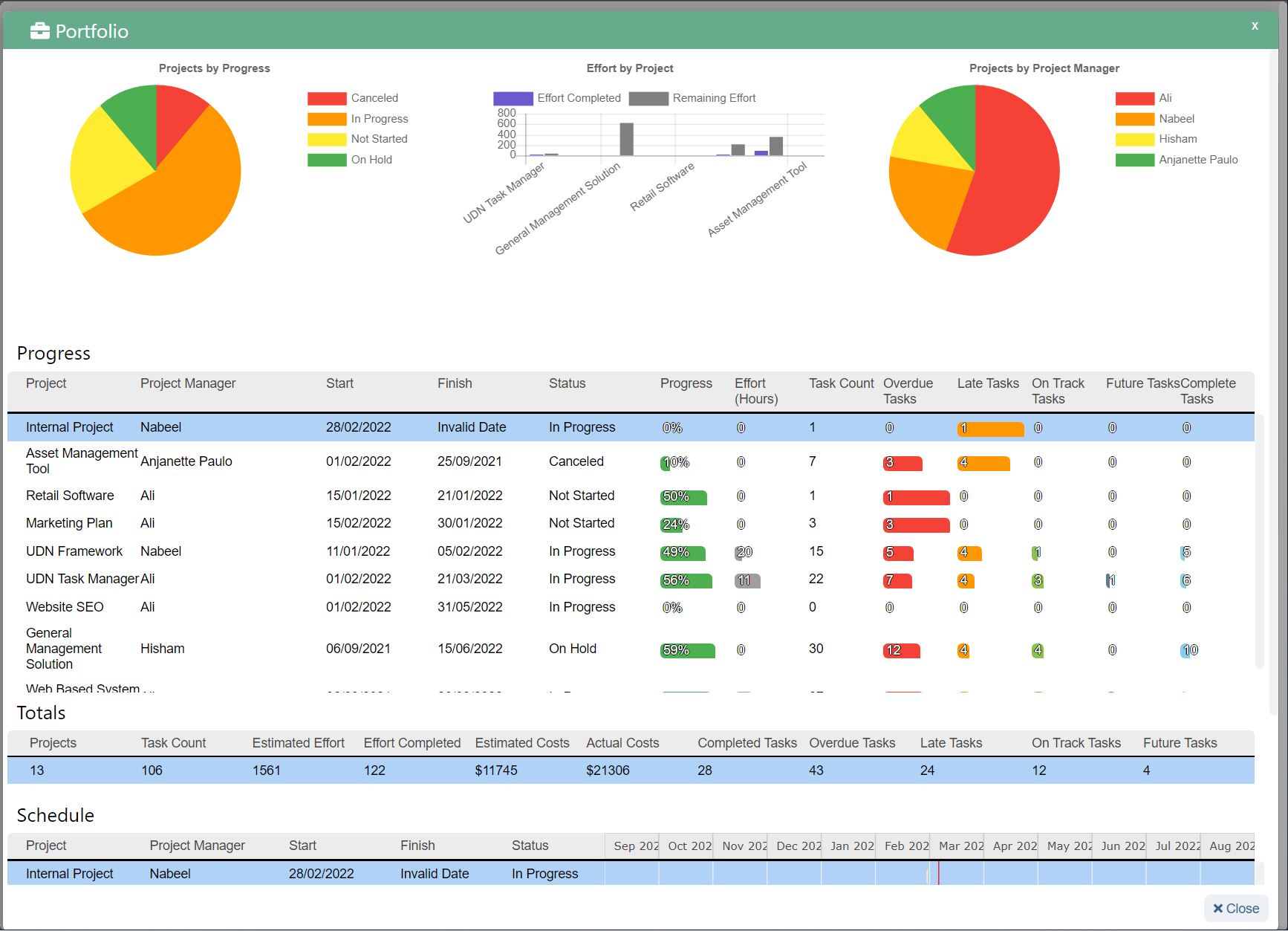
Marketing agencies acquire data for marketing through a combination of research studies, helpful apps and tools, and direct engagement. Their methods include but are not limited to:
Clearly, this is a complex and time-consuming task . In addition to choosing which data sources to pull information from, marketing agencies must also create a process for collecting and organizing it. After that’s done, they then develop a solution for cleaning up duplicate or outdated data before finally analyzing it all to get useful insights.
Top tips for putting together a data-driven marketing strategy
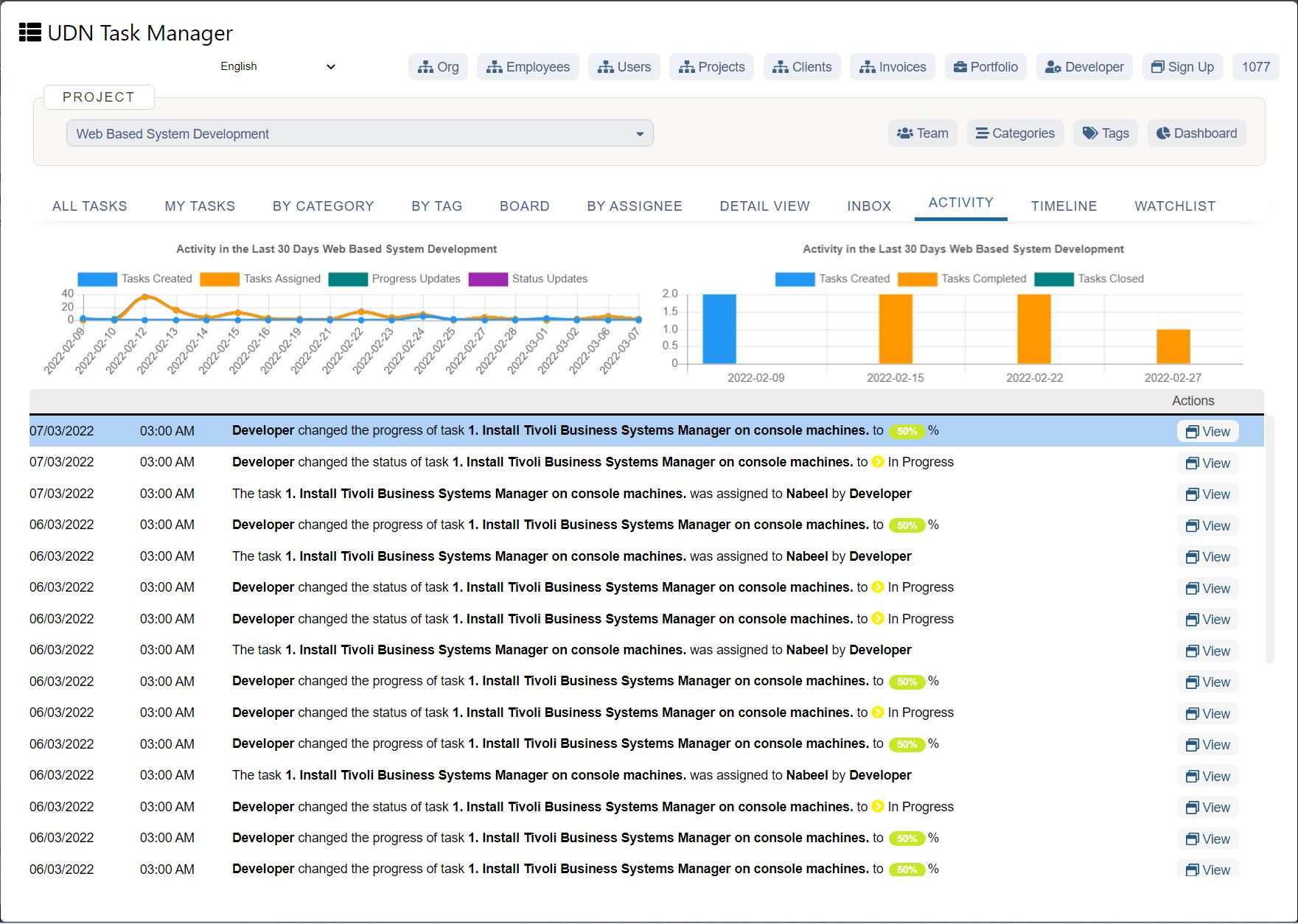
We’ve gathered our own expert tips along with some from the hosts of Digital Analytics Power Hour, Michael Helbling, Moe Kiss, and Tim Wilson.
How to understand and make use of marketing data with UDN Task Manager
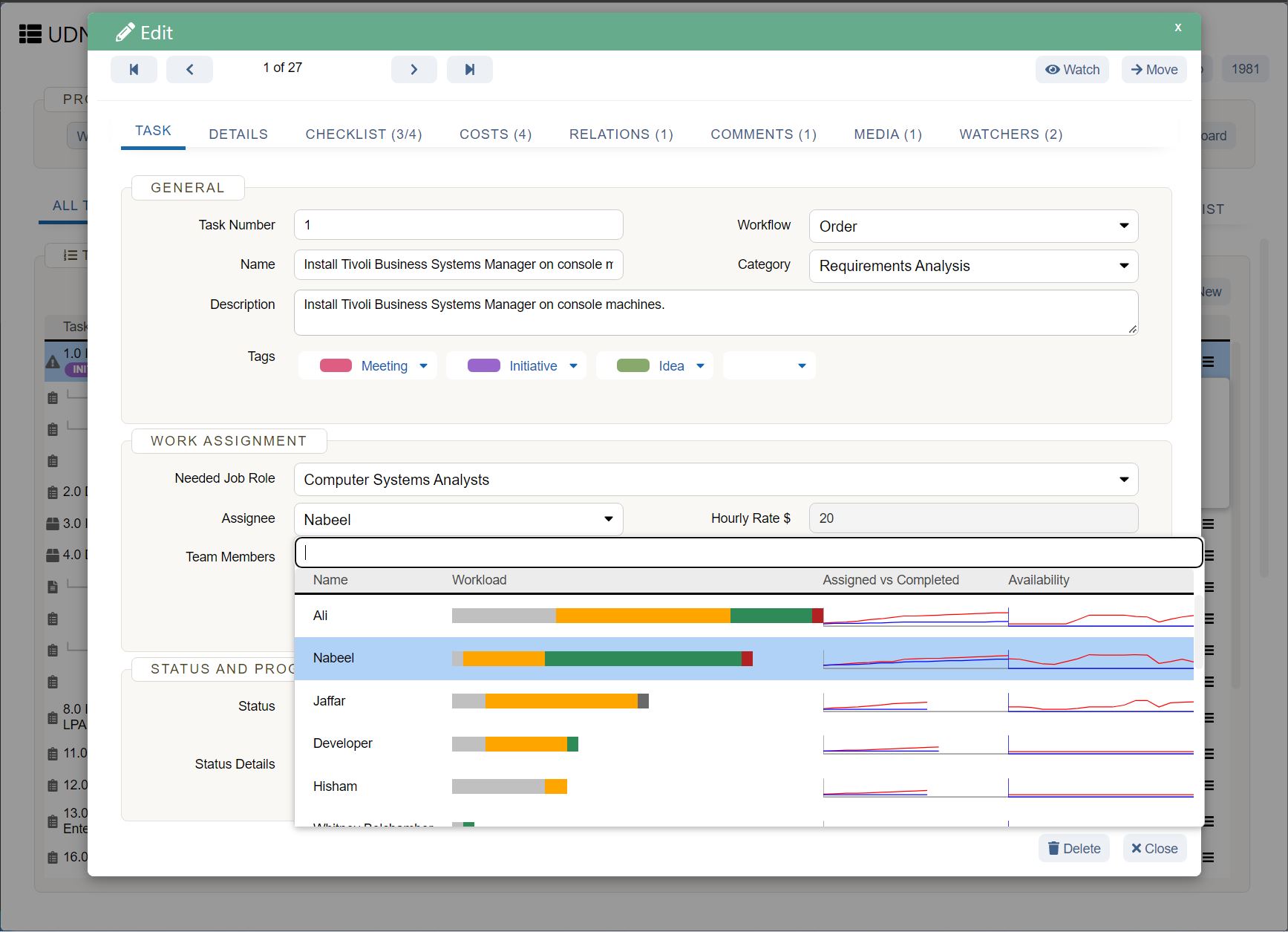
UDN Task Manager is a helpful marketing information system that allows agencies to collect, store, and analyze relevant data all in one place. When collecting data, team leads can assign recurring tasks such as downloading and saving data reports. Each task can be given to a specific person or team, including its own due date, and create a space for team members to discuss the report in the task notes so it can be saved for others to view in the future. Teams can also add reminders to tasks as well as create tasks for periodic data cleaning and updating. And don’t forget to assign priority levels to each task, so assignees know what to tackle first on their to-do list!
UDN Task Manager also helps users safely store their data, which is one of the top concerns for marketers just starting or revamping a data-driven approach. It goes without saying that customer data is sensitive, so securely storing it in a central database with these safety precautions already in place brings peace of mind.
Once the initial data collection tasks are created, and the storage is secure, users can connect their sales CRM to UDN Task Manager . From there, you can organize existing client and lead data using folders, subfolders, and searchable tags.
After, set up workflows for collecting and adding data to UDN Task Manager as you go along. Not only will it keep your entire team on track it will also hold them accountable and compliant with changing regulations. Finally, you can grant or edit access to individual team members so that your data is only available when and where it's needed.
And last but not least, users can take advantage of the popular add-on UDN Task Manager Analyze . UDN Task Manager Analyze lets you create entirely personalized analytics boards, data visualizations, and charts that automatically update for you on a daily basis.
Ready to dive into data-driven marketing? Check out our two-week free trial of UDN Task Manager to test our data syncing, secured storage, and advanced folder and task organization tools.











